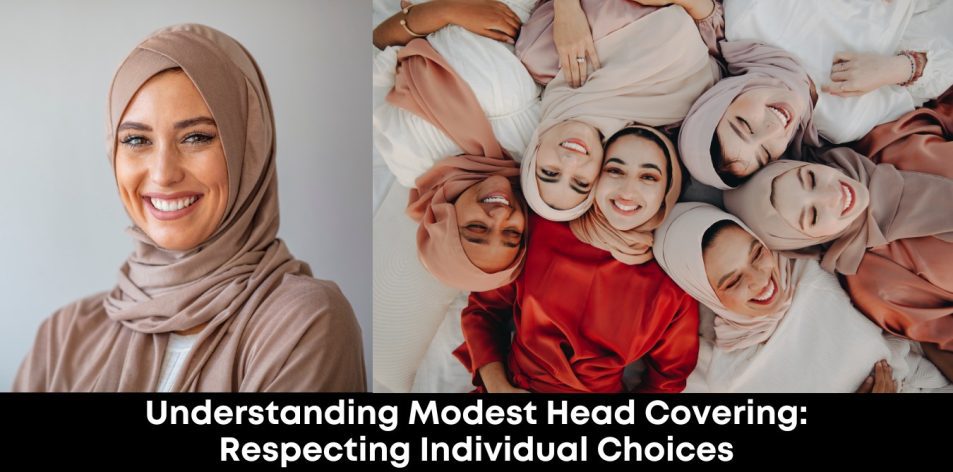A Matter of Personal Conviction and Comfort
The practice of modest head covering is a deeply personal decision for many women around the world. It’s essential to approach this topic with understanding and respect for the diverse reasons behind this choice. This article aims to foster a more nuanced perspective on modest head covering and the autonomy of women in making this decision.
Recognizing Personal Agency
For many women who choose to cover their heads, it is a conscious and voluntary act rooted in personal conviction. It can be an expression of their identity, values, and connection to something greater than themselves. It is crucial to acknowledge and respect this personal agency and recognize that this choice is not necessarily imposed upon them.
Diverse Motivations for Covering
The reasons why a woman may choose to cover her head are varied and deeply individual. These motivations can include:
- A sense of personal devotion and spiritual connection.
- A desire to express their identity and belonging.
- A personal commitment to modesty and privacy.
- A feeling of empowerment and self-respect.
- Cultural or familial traditions embraced willingly.
Context Within Family and Marriage
It’s also important to understand that the context in which a woman chooses to cover her head can vary. In many cultures and traditions, the practice of covering the head is often observed in public or in the presence of non-related individuals. Within the private sphere of family and in the presence of their spouses, women may not observe the same practice.
Respecting Individual Autonomy
Ultimately, a woman’s decision regarding modest head covering is a matter of her individual autonomy and personal conviction. It is vital to move beyond generalizations and stereotypes and appreciate the diverse reasons and contexts surrounding this choice. Respecting a woman’s right to make her own decisions about her appearance is fundamental to fostering a supportive and understanding community.
Promoting Understanding and Inclusivity
By fostering open dialogue and a willingness to understand different perspectives, we can create a more inclusive environment that respects the personal choices of all women. Recognizing the personal nature of practices like modest head covering contributes to a more informed and compassionate understanding of individual expression and beliefs.

